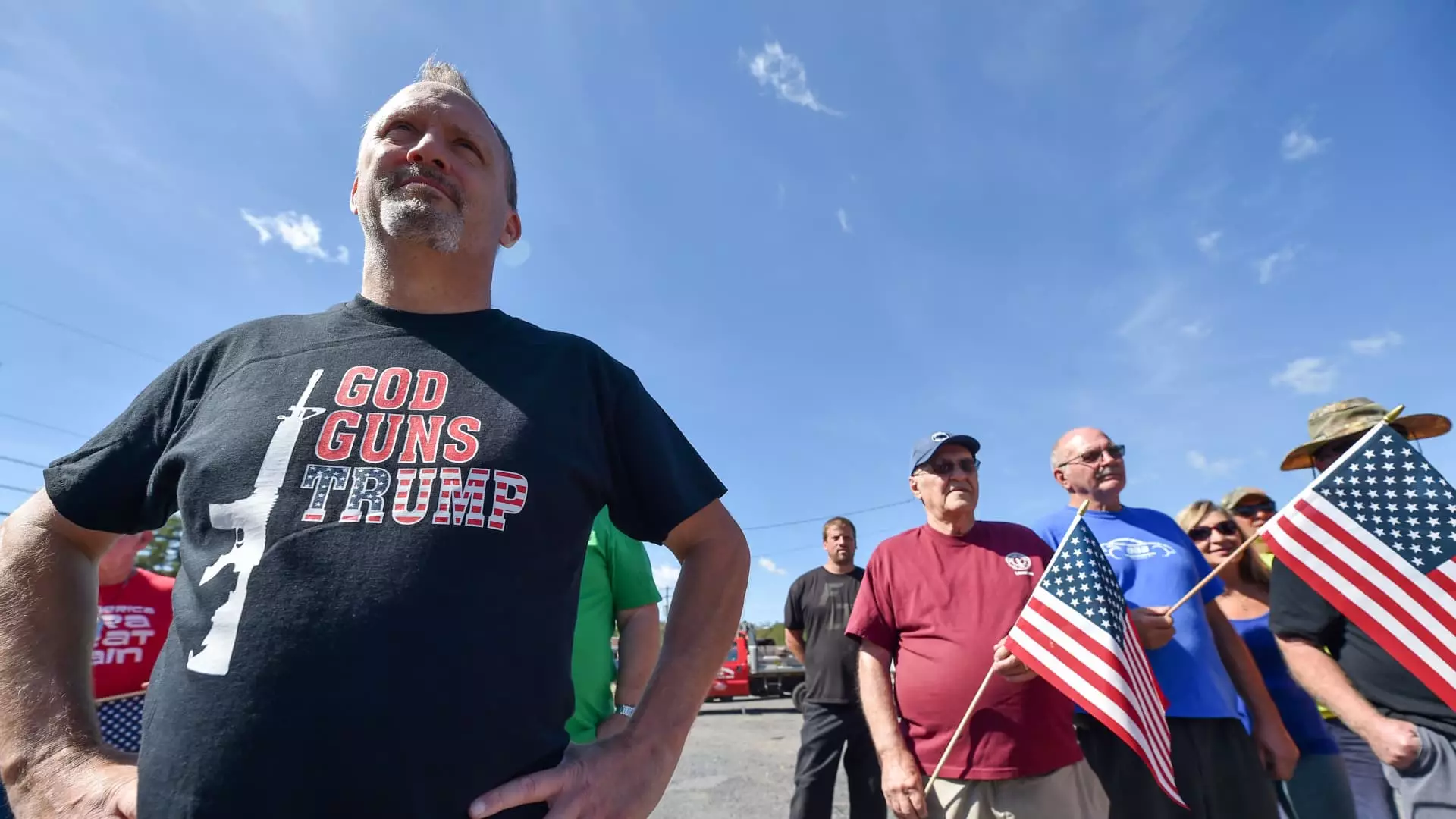In a recent assessment conducted by Milieu Insight, an extensive survey revealed that gun prevalence in the United States significantly affects travel decisions for over 90% of respondents from Southeast Asia. This survey targeted 6,000 international travelers hailing from six countries, generating a nuanced understanding of the relationship between gun culture in the U.S. and the willingness of Southeast Asians to visit. The study highlighted that, despite concerns, there exists a paradoxical willingness among travelers; 56% of those surveyed expressed a strong likelihood of visiting the U.S. within the next few years. This figure swells to 59% among those who had previously visited, showcasing an intriguing determination to experience America, despite heightened scrutiny regarding safety.
Perceptions of Safety in Popular Destinations
The comparisons of various states within the U.S. yielded striking results. Hawaii emerged as the safest destination in the eyes of travelers, while Texas was branded the most hazardous. Other states evaluated in the survey included California, New York, Florida, Nevada, Arizona, and Washington D.C. This information illustrates a regional disparity in perceptions of safety among Southeast Asian travelers, indicating a nuanced understanding that varies not just by state but also potentially by the cultural backgrounds of those taking the survey.
The Influence of Past Experiences
Interestingly, even among travelers who had previously visited the U.S., 74% expressed an increased concern regarding gun violence in contemporary America. This evidence suggests that firsthand interactions with U.S. culture do not immediately translate into relaxation of fears associated with gun violence. As Antarika Sen, the associate research director at Milieu Insight, insights, “This suggests that firsthand experience, while heightening awareness of issues, doesn’t necessarily deter future visits.”
Moreover, nearly 80% of the respondents noted that their willingness to attend large events—such as concerts—would be affected by the prevalence of firearms in American society. This indicates that the threat of mass shootings or other violent encounters can heavily influence not only travel decisions but also participation in culturally significant activities.
The study also reveals a significant divide in perceptions of gun violence among different Southeast Asian nations. Notably, respondents from Vietnam, Indonesia, and the Philippines exhibited the most acute concerns about firearms influencing their travel plans, yet they still showed a propensity to travel to the U.S. The contrast with Singapore, where only 24% expressed a likelihood of visiting soon, marks a critical observation: familiarity with low crime rates significantly shapes sentiments about gun-related issues.
The apprehensions associated with gun violence didn’t exist in a vacuum. The survey also probed into how a prospective U.S. presidential election could shape travel intentions. Notably, 27% of participants asserted that the election results would factor heavily into their plans. Interestingly, specific candidates elicited different responses, with Donald Trump potentially deterring 23% from visiting, while only a smaller percentage indicated a similar trepidation regarding Kamala Harris.
Moreover, the survey unearthed layers of concern surrounding the threat of race-based violence and verbal abuse. A staggering 74% of respondents expressed worry about becoming victims of such acts in the U.S., particularly among participants from the Philippines, who exhibited the highest anxiety at 81%. This apprehension reflects broader social issues and indicates a profound unease that transcends mere statistics about gun violence.
The ongoing discourse around physical and verbal threats intensified during the COVID-19 pandemic, with two-thirds of respondents affirming that such incidents have become “much bigger issues” or “somewhat more of an issue than before.” This suggests that the context of the pandemic has exacerbated existing fears, necessitating a deeper examination of how these issues intertwine with public perception and media portrayal.
Lastly, the source of information regarding safety and crime revealed significant patterns; 61% of travelers cited social media as their primary source of information, followed closely by international news outlets at 55%. This high reliance on social media creates a feedback loop that can amplify fears, as negative portrayals of violence often circulate more widely than positive narratives of American hospitality.
The survey illuminates a complex relationship between gun violence, perceptions of safety, and travel decisions among Southeast Asian travelers. While many are still inclined to visit the U.S., underlying concerns regarding gun prevalence, racial violence, and political climate shape their perceptions and willingness to engage fully with American society. These insights underline the pressing need for the United States to address gun violence effectively, not just for the sake of domestic tranquility but also to fortify international trust and interest in its cultural offerings.


Leave a Reply